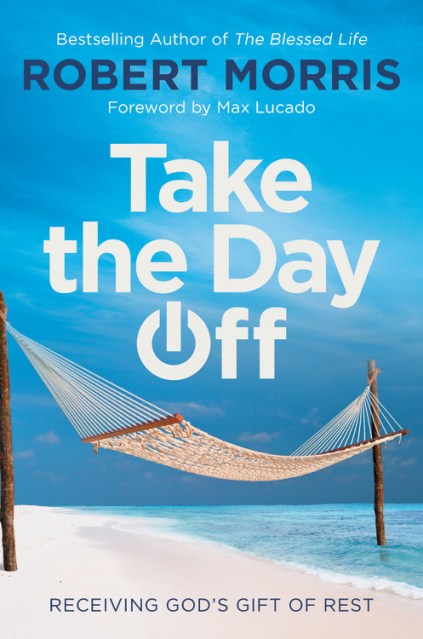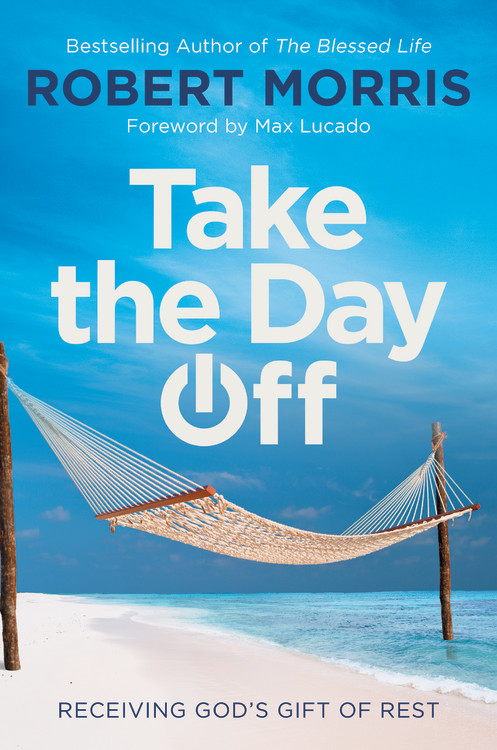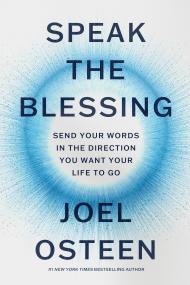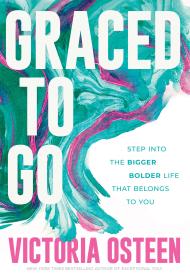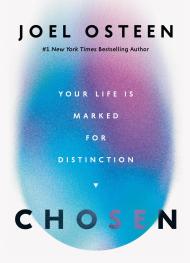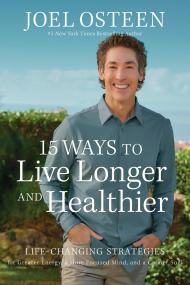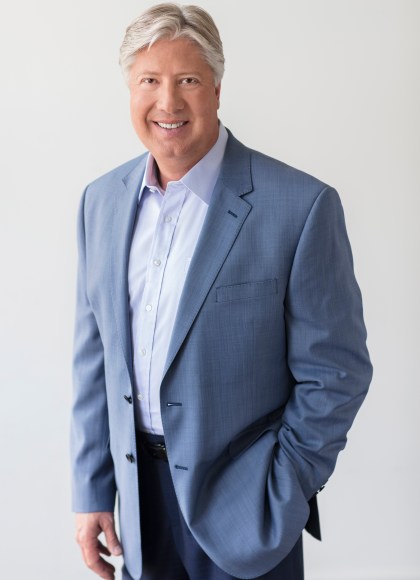By clicking “Accept,” you agree to the use of cookies and similar technologies on your device as set forth in our Cookie Policy and our Privacy Policy. Please note that certain cookies are essential for this website to function properly and do not require user consent to be deployed.
Take the Day Off
Receiving God's Gift of Rest
Contributors
Foreword by Max Lucado
Formats and Prices
- On Sale
- Oct 27, 2020
- Page Count
- 240 pages
- Publisher
- FaithWords
- ISBN-13
- 9781546010159
Price
$16.99Price
$22.99 CADFormat
Format:
- Trade Paperback $16.99 $22.99 CAD
- Hardcover $22.00 $28.00 CAD
- Trade Paperback (Spanish) $19.99 $25.99 CAD
- Trade Paperback $13.99 $18.99 CAD
This item is a preorder. Your payment method will be charged immediately, and the product is expected to ship on or around October 27, 2020. This date is subject to change due to shipping delays beyond our control.
Buy from Other Retailers:
A constant stream of busyness can slowly wear away at us over time: physically, mentally, emotionally, and spiritually. Yet believers often forget that taking a day of rest is one of the Ten Commandments! When we don’t give our minds and emotions a break, our will to make good choices can often become compromised. Resting is also important to those around you. If you have a weary soul, you can’t pour yourself into others at home, work, or wherever you are. It’s vital — you must take the day off.
In Take the Day Off, Pastor Morris explains why rest is central to your wellbeing, how to do it, and how helpful it can be. You will be inspired to experience true rest and make it a priority in the rhythm of your weekly schedule. Don’t wait and delay God’s blessings in your life. Start implementing the principle of rest in your life and you will see eternal benefits.
Newsletter Signup
By clicking ‘Sign Up,’ I acknowledge that I have read and agree to Hachette Book Group’s Privacy Policy and Terms of Use
